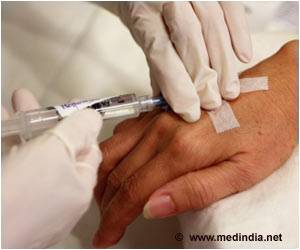The research team from the University of Iowa started to identify unique risk factors for suicide attempt and death within the bipolar disorder individuals.
‘The clinical diagnosis or genetic predisposition to trauma-related conditions in bipolar disorder patients can prevent suicide.’
“There are many factors that go into increased risk for suicide–genetics is one of them”, says Willour, a professor of psychiatry in the UI Carver College of Medicine.
By understanding the risk factors, we can move forward with better interventions and decrease the rates of suicide.
The study published in the journal Translational Psychiatry is the first meaningful assessment of risk factors that are specific not just to suicide attempt but also to suicide death.
The primary results of the study demonstrated that the diagnosis of post-traumatic stress disorder (PTSD) is more frequent in individuals with bipolar disorder who died from suicide than within all other groups.
The analysis also demonstrated that a genetic predisposition to develop PTSD in bipolar disorder individuals died from suicide.
Additionally, the findings suggest that PTSD genetic risk factors derived from males were found more frequently in individuals with bipolar disorder who died from suicide, but genetic risk factors derived from females were associated with both suicide death and attempt.
Understanding the genetic variation that contributes to suicide risk can help to identify different strategies or potential medications to bring relief to patients at greatest risk of suicide.
Source: Medindia



